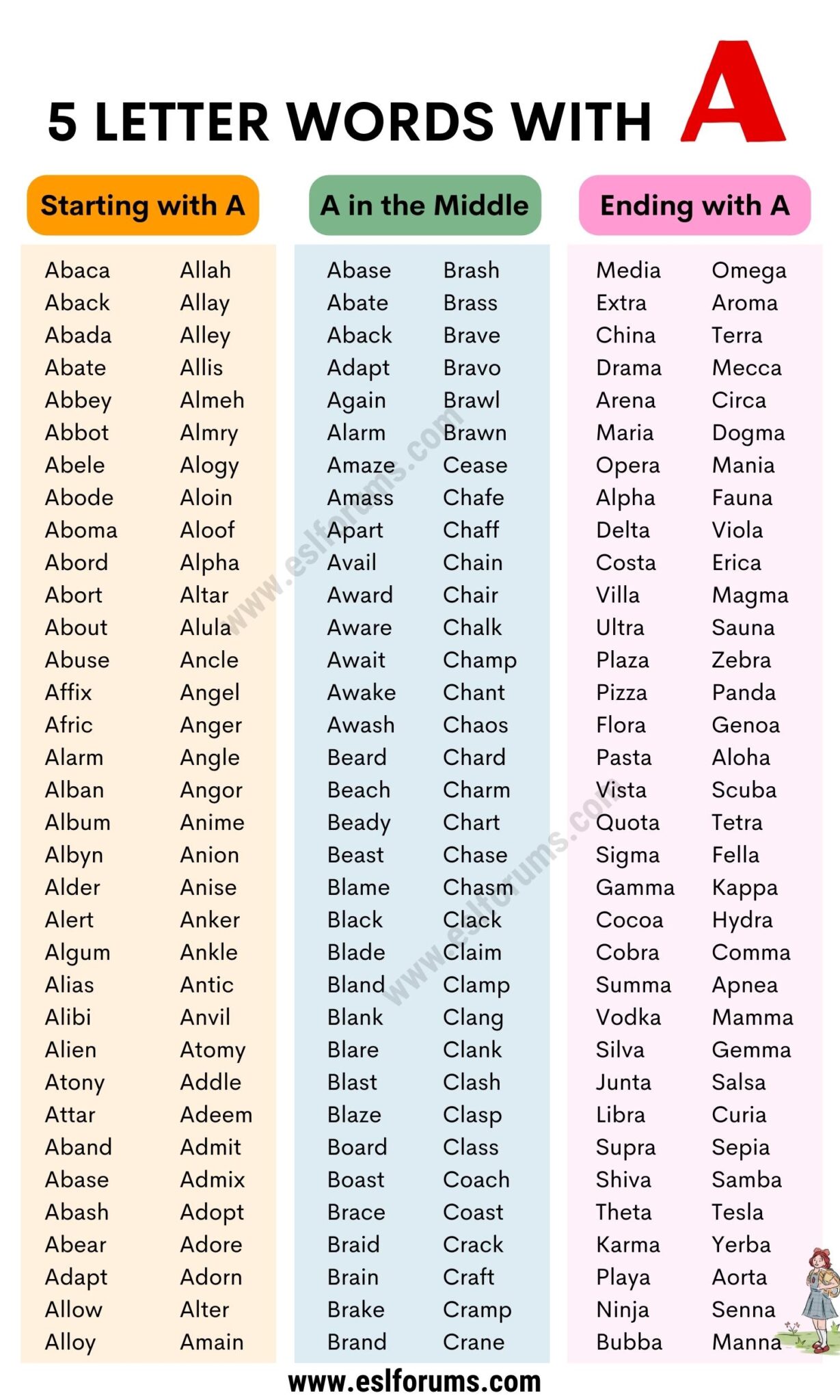Unpacking 'Agony': Exploring Pain, Suffering, and the Human Condition
What is it about the word "agony" that makes it so evocative? It's a small word, just five letters, yet it carries a weight, a resonance that speaks to the depths of human suffering. This exploration aims to unpack the word "agony," delving into its meaning, its history, and its enduring power.
Agony isn't merely physical pain. It's an intensification, a profound emotional and often spiritual distress that transcends the purely physical. It's the anguish of loss, the despair of the soul, the torment of the mind trapped in a cycle of suffering. Think about the agonizing wait for news, the agonizing decision with no easy answer, the agonizing slow burn of regret.
The word "agony" has its roots in the Greek word "agonia," meaning "contest" or "struggle." This origin sheds light on the nature of agony itself—a struggle against overwhelming forces, whether internal or external. It's a battle fought within the confines of our own minds and bodies, a struggle against the tides of circumstance. It's not just pain; it's a fight against pain, a wrestling match with despair.
Throughout history, agony has been a central theme in literature, art, and philosophy. From the agonized cries of tragic heroes to the poignant depictions of suffering in religious art, agony serves as a reminder of our shared human vulnerability. It's a universal experience, a common thread that connects us across cultures and throughout time. Understanding the historical context of agony provides a deeper appreciation for its significance in shaping human narratives and cultural expressions.
The importance of understanding agony lies not just in recognizing its existence, but in acknowledging its power to shape us. Agonizing experiences, though often unwanted, can be catalysts for growth, resilience, and a deeper understanding of ourselves and the world around us. They force us to confront our vulnerabilities, to grapple with our limitations, and to ultimately find ways to navigate the complexities of the human condition.
Agony can be defined as extreme and prolonged mental or physical suffering. It goes beyond mere discomfort; it's a state of intense distress that can consume us entirely. A simple example might be the agony of a migraine, where the throbbing pain makes it impossible to focus on anything else. Or consider the agonizing process of grief, where waves of sorrow and despair can feel overwhelming.
One benefit of acknowledging and understanding agony is the potential for empathy and connection. When we recognize our own capacity for suffering, we become more attuned to the suffering of others. This shared experience can foster a sense of community and mutual support, creating a space for healing and growth.
Another benefit lies in the potential for personal transformation. While agonizing experiences can be incredibly challenging, they can also be powerful catalysts for change. By confronting our pain and working through it, we can emerge stronger, more resilient, and with a deeper understanding of ourselves. This process of growth can be agonizing in itself, but it ultimately leads to a greater sense of self-awareness and inner strength.
Finally, understanding agony can lead to a greater appreciation for joy and happiness. The contrast between agony and its opposite highlights the preciousness of positive experiences and can motivate us to cultivate more of them in our lives. It's in the darkest moments that we often gain the clearest perspective on the value of light and happiness.
Advantages and Disadvantages of Understanding Agony
| Advantages | Disadvantages |
|---|---|
| Increased empathy and connection with others | Potential for emotional distress or overwhelm |
| Personal growth and resilience | Difficulty in maintaining a positive outlook |
| Greater appreciation for joy and happiness | Risk of dwelling on negative experiences |
Frequently Asked Questions about Agony:
1. What is the difference between pain and agony? Agony is a more intense and prolonged form of suffering than pain.
2. Is agony always physical? No, agony can be emotional, psychological, or spiritual.
3. Can agony be a positive experience? While inherently unpleasant, agony can lead to positive outcomes like personal growth and increased empathy.
4. How can I cope with agony? Coping mechanisms vary, but seeking support, practicing self-care, and finding healthy ways to process emotions are crucial.
5. Is agony unavoidable? While some degree of suffering is inevitable, the intensity and duration of agony can be influenced by various factors.
6. What is the role of agony in art and literature? Agony is often used to explore the human condition and evoke strong emotional responses.
7. How can understanding agony help me understand myself better? By confronting our own capacity for suffering, we gain insights into our strengths, vulnerabilities, and values.
8. Can agony lead to post-traumatic growth? Yes, in some cases, overcoming agonizing experiences can lead to significant personal growth and resilience.
In conclusion, while "agony" is a word often associated with negativity and suffering, understanding its multifaceted nature allows us to see its potential for growth, empathy, and a deeper appreciation for the human experience. It’s not about glorifying suffering, but about acknowledging its role in shaping who we are. By confronting agony, both within ourselves and in the world around us, we can cultivate greater resilience, compassion, and a deeper understanding of what it means to be human. We encourage you to explore the resources mentioned and continue reflecting on the complexities of agony and its profound impact on our lives.
Unpacking the 30l duramax turbo diesel power and efficiency redefined
Billings mt real estate your dream home awaits
Unleash the medieval majesty exploring the world of old english type font online














